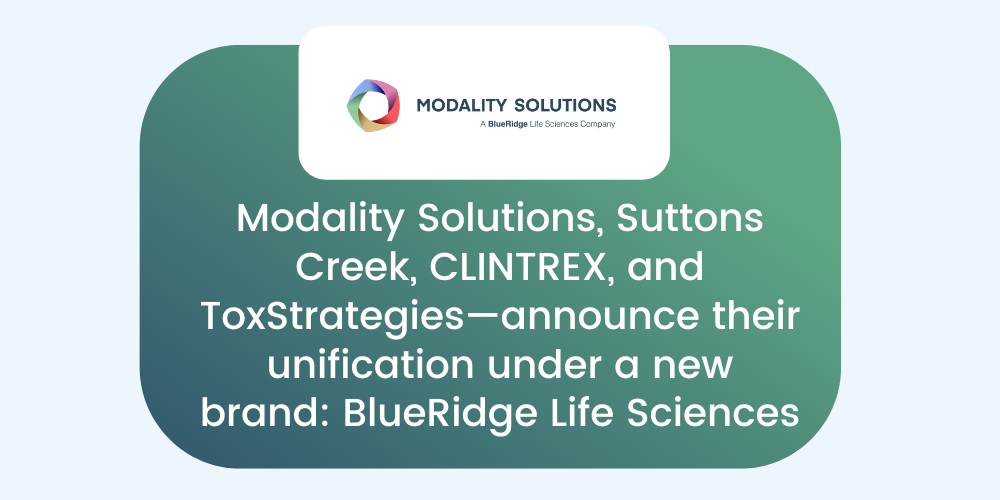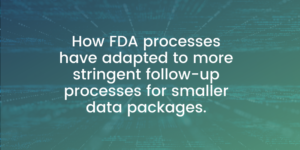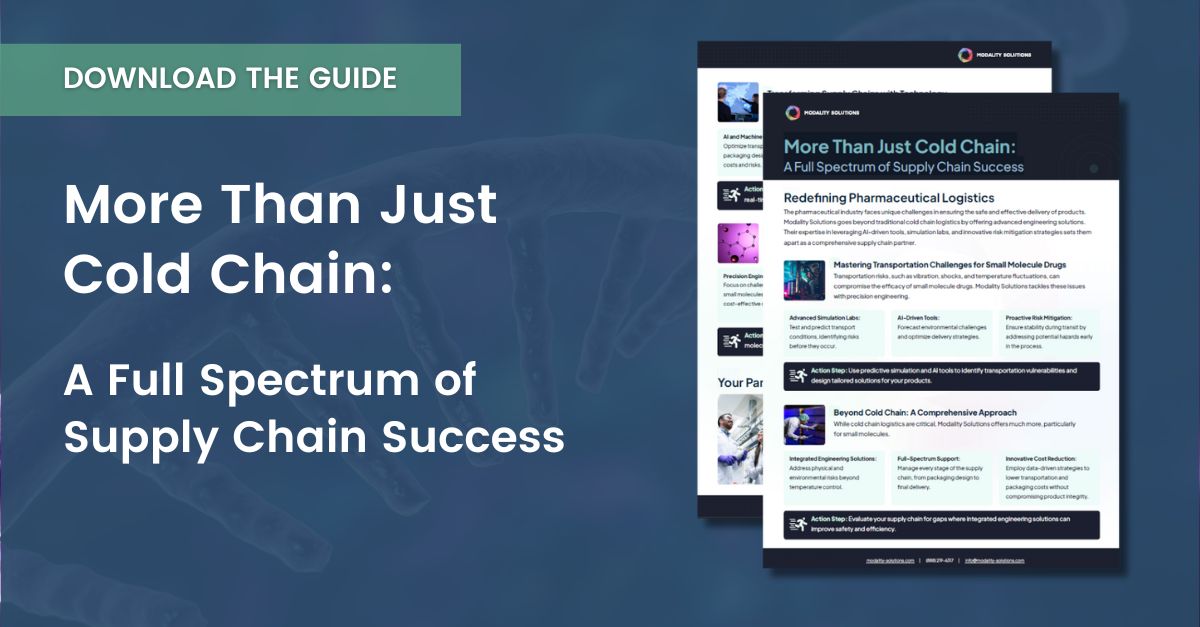EUA Risks for Pharmaceutical Companies
How FDA processes have adapted from questionable EUA approvals to more stringent follow-up processes for smaller data packages.
When seeking fast-track approval for a drug or vaccine through the Emergency Use Authorization (EUA) program in the US, there is clear value in the speed to market for both patients and innovators. As a result, pharma companies submit abbreviated data packages to the FDA for drug approval, which is justified by the ‘need’ that created the EUA. COVID-19 is the most recent and obvious example, the virus providing a window of opportunity for companies to quickly file for approval and provide vaccines to the greater public.
But fast-track approaches are often accompanied by a level of risk – truncated data packages present a caveat that expanded data must still be collected. Importantly, cold chain validation data must be part of the EUA submission, too. Many pharma companies with EUA approvals have lacked the diligence to properly expand their data package as required, subjecting them to the risk of EUA withdrawals or reversals.
Examples: Where do EUAs present risk?
Emergency Use Authorizations can be withdrawn by the FDA, specifically if pharma companies fail to expand their data packages with significant evidence of value or validation.
EUA Withdrawals
Consider recent examples of EUA withdrawals, such as the FDA’s “abrupt” decision to pull the Emergency Use Authorizations for bamlanivimab/etesevimab (a COVID-19 treatment). The evaluation dictated that the treatment showed little or no value vs risk when used alone, citing there are superior options available. Because EUAs are approved on a fast-track basis, a better value treatment can mitigate the need for a “first draft” and EUAs can be withdrawn.
EUA Reversal
In addition, sometimes the pharmaceutical landscape changes and the FDA reverses an EUA approval to make space for a better alternative – this is what took place with the SARS-CoV-2 Real-time RT-PCR test. The original EUA was revoked to make way for the various multiplex assays which are coming to the market. With more reliable tests available, the Emergency Use Authorization is no longer valid.
These scenarios showcase the inherent risk that accompanies Emergency Use Authorizations. The emergency landscape can experience rapid change, eliminating the need for a solution that provided medical value at the time, but is now replaced or found to be less valuable.
Questionable Drug Development and Approval Practices
The Biogen Story
The pharmaceutical industry is overrun with news regarding questionable drug development and approval practices. Take Biogen’s Alzheimer’s Drug, Aduhelm. Industry position doubted the trajectory of this drug, given the various struggles faced during the development phase. Then, after a few closed-door meetings, the FDA granted approval.
The data Biogen had collected at the point of approval reflected coin-flip results…it could have gone either way. Alzheimer’s patients might only show marginal improvement over a long period of time, making the FDA’s approval agreement somewhat conditional.
With a closed-door approval process comes various problems, igniting the public perception that these secret meetings helped Biogen push Aduhelm through to approval, despite the questionable data presented. There are still real questions on whether Aduhelm is actually making a positive impact. Now, Biogen faces backlash for an expensive drug that has minimal efficacy.
The Rush for Answers
Biogen isn’t alone, there are a lot of drugs like Aduhelm on the market – others show a pattern of earlier approval because there is no existing standard of care. Frequently, the benefits outweigh the risk, especially in niche indications with fast disease progression and limited treatment options. The data packages for these drugs are very thin, and the FDA is getting stricter about reviewing additional data post-approval. They are asking the import question – is there actually a benefit that justifies the cost of the drug? Does the value of treatment outweigh the potential risk?
No More Wild West for EUA Drugs
To date, there has been a pattern of decelerated focus on cold chain validation work after a drug receives approval, but now the FDA has hinted at a higher level of scrutiny on drugs that received approval with smaller data packages. It’s highly possible the FDA will return to request additional data, as there’s significant risk associated with avoiding full data package review and cold chain validation even after EUA approval.
Modality Solutions is seeing significant behavior change within the new administration of the FDA – they’re sending a clear message indicating that the Wild West approach to Emergency Use Authorization approval is coming to an end. The FDA is following up with Pharmaceutical Companies – revisiting the drugs that received fast approval to ensure additional data was collected. It’s a not-so subtle message to pharmaceutical companies to be diligent.
Many companies are navigating the FDA-approval waters without the internal expertise they need to respond. Modality Solutions helps Pharma companies manage the expectations and develop the best data packages possible to eliminate the risk of approval reversals and withdrawals.



